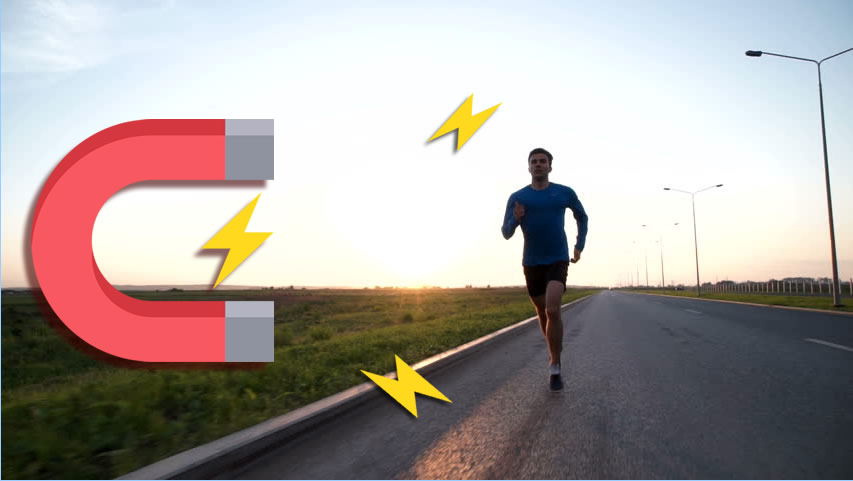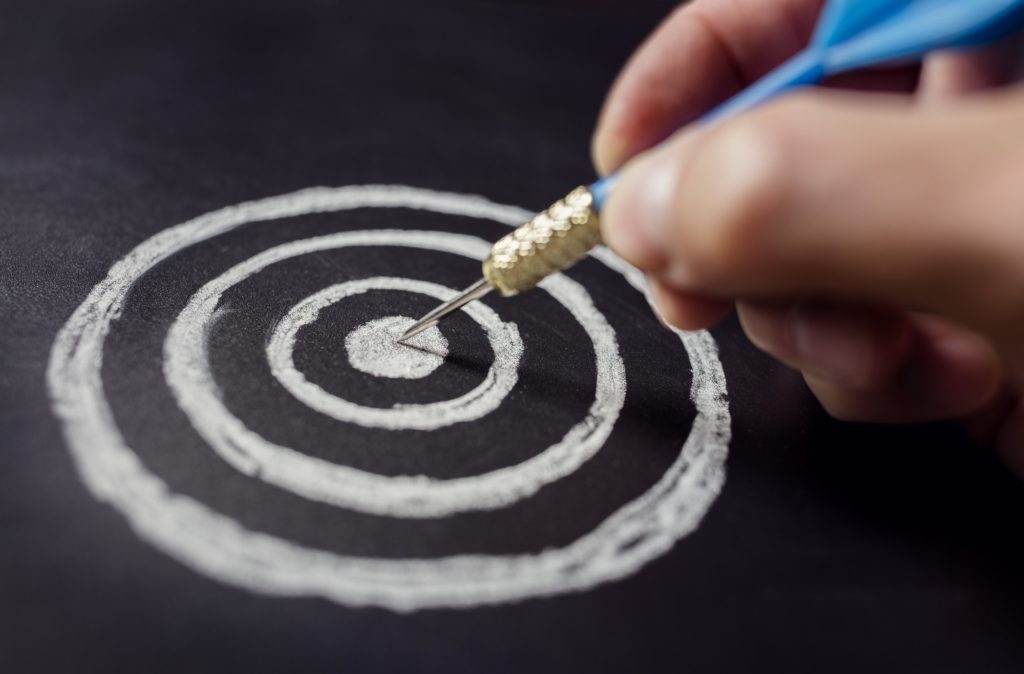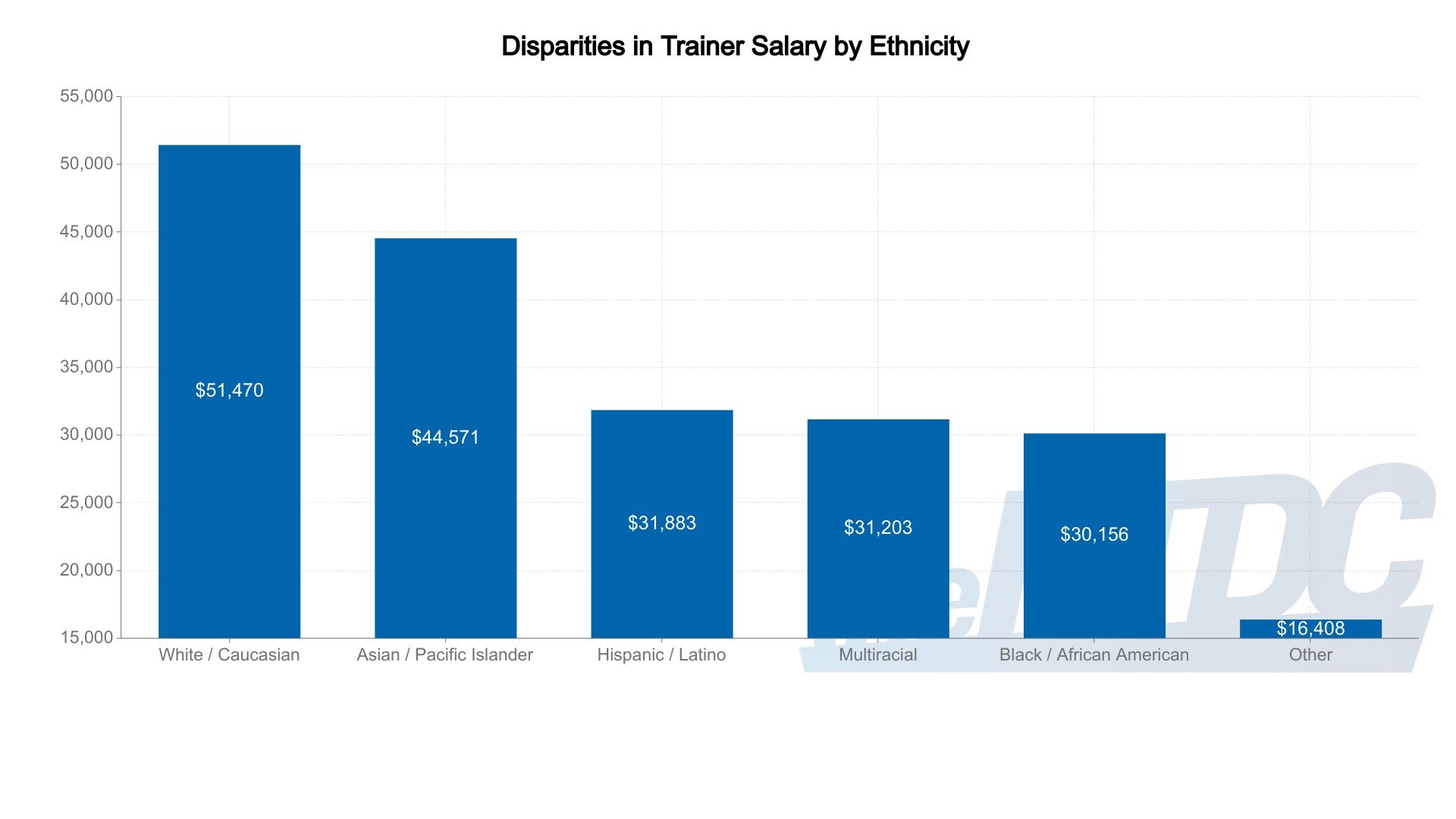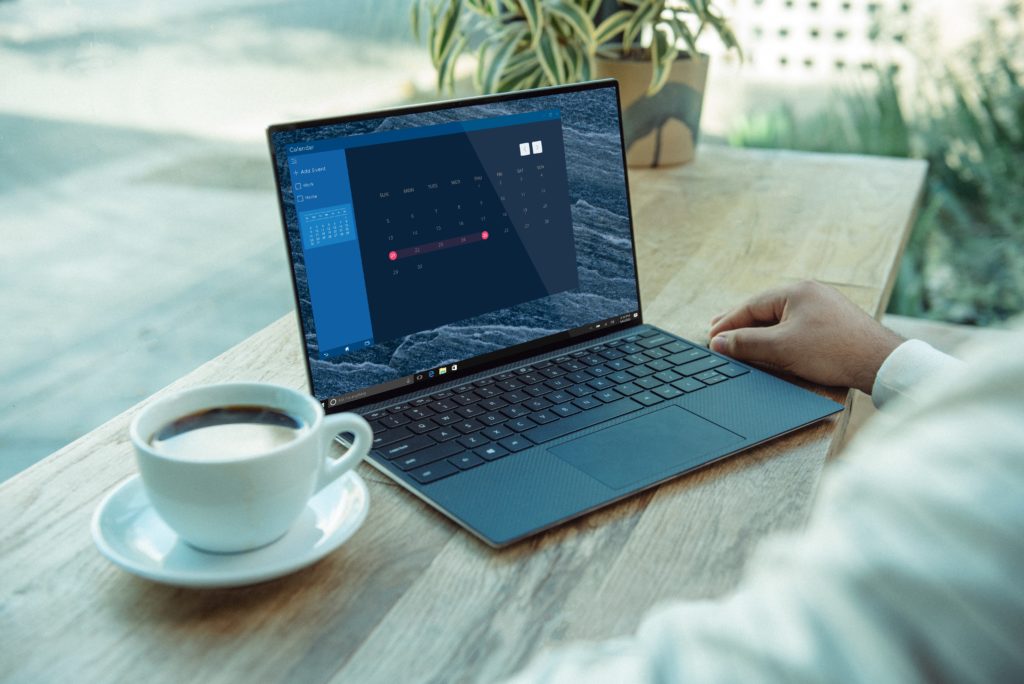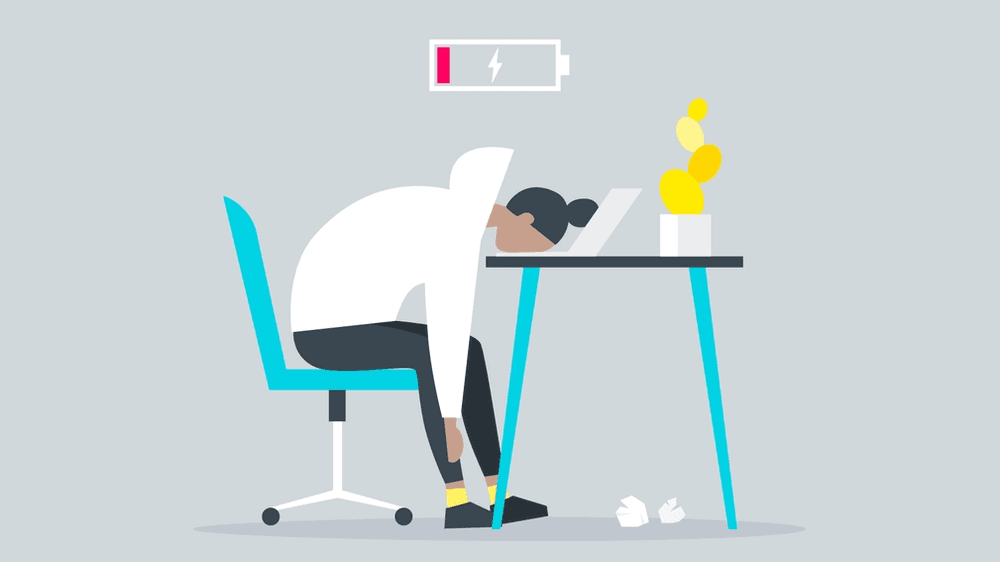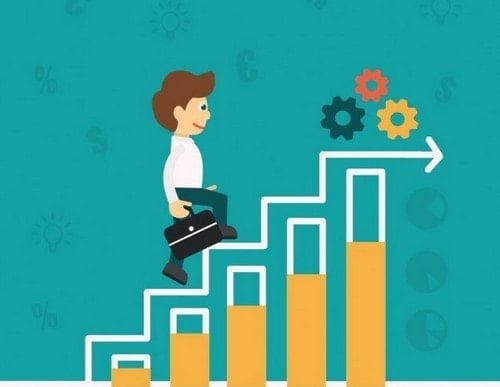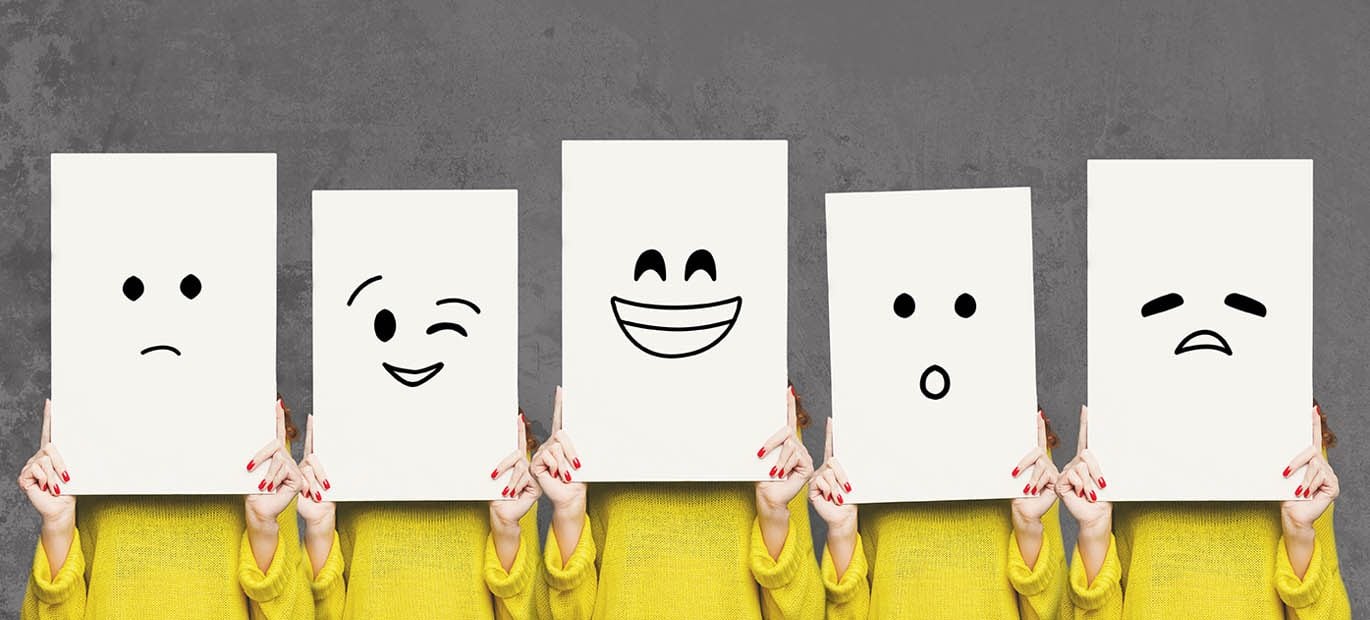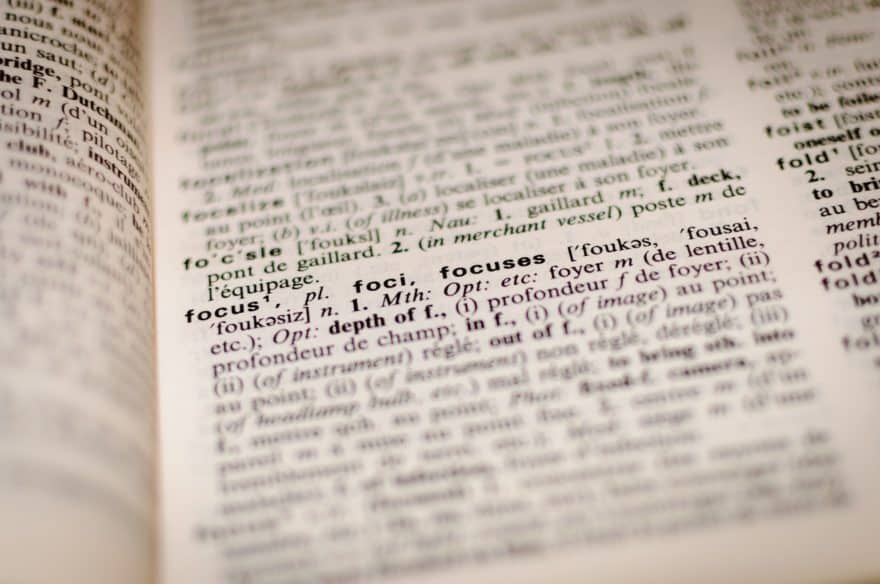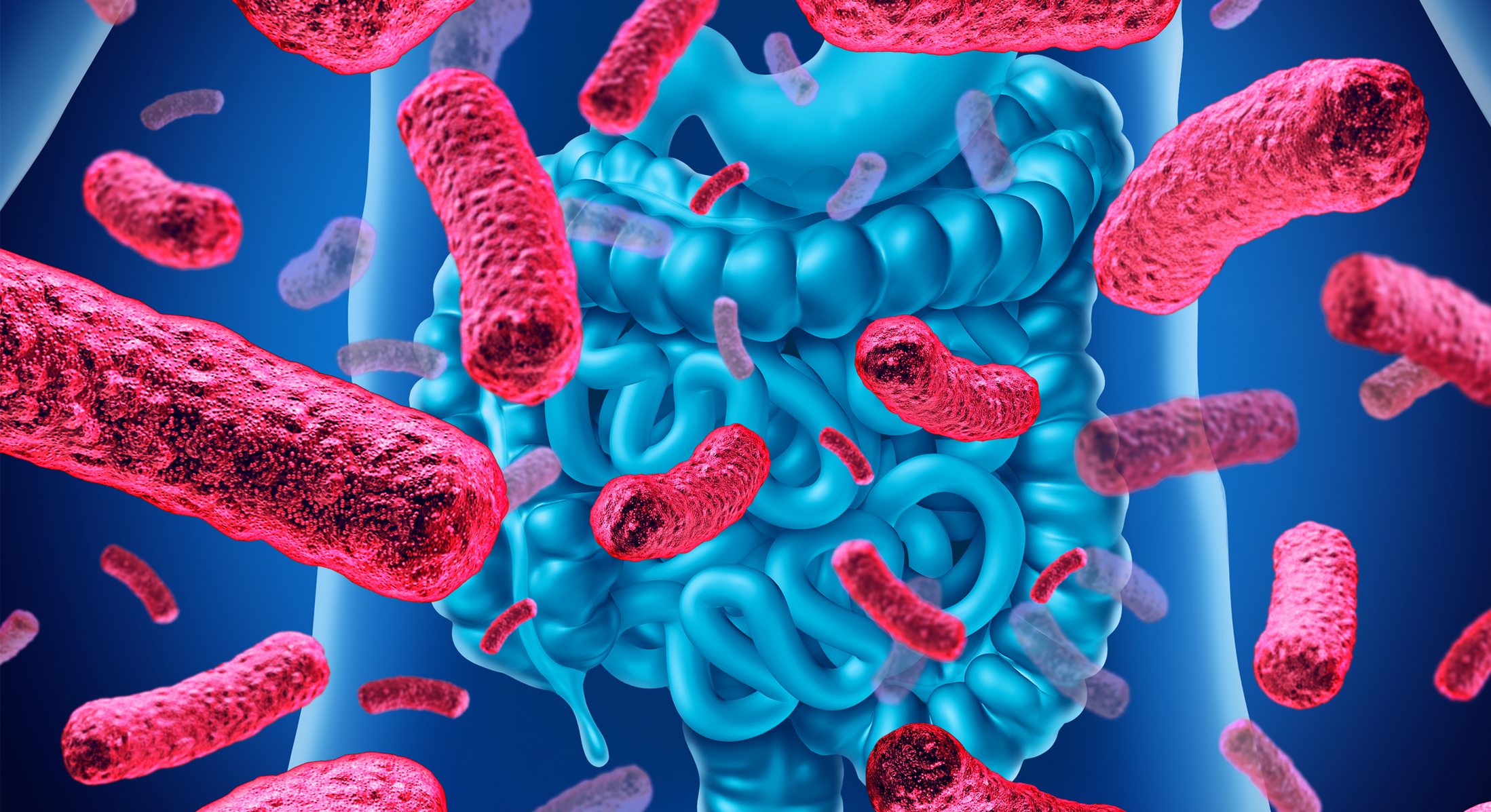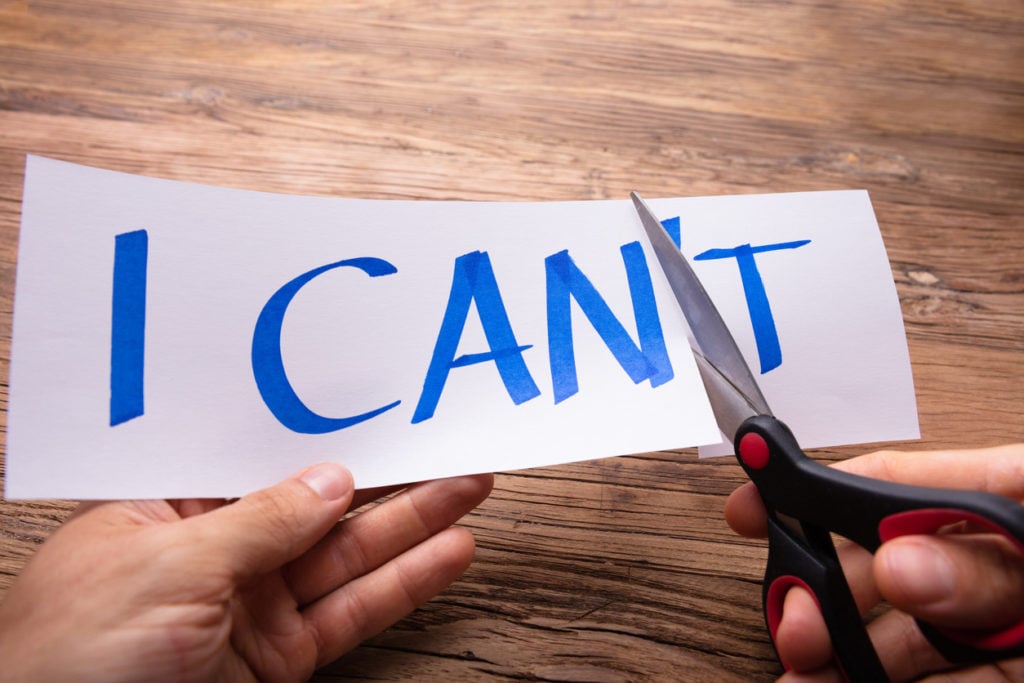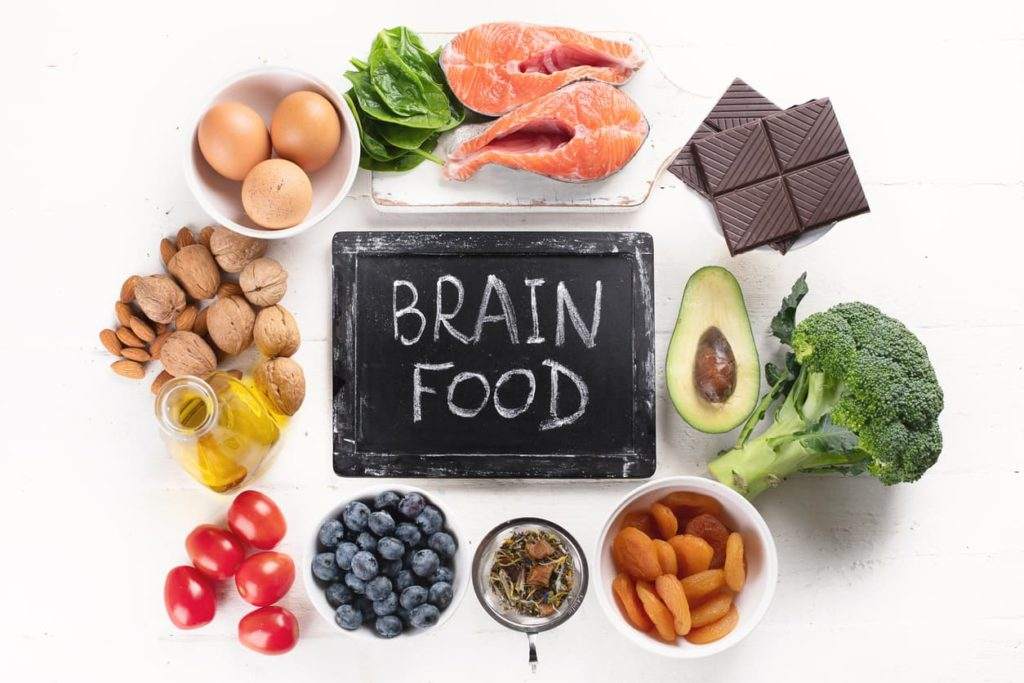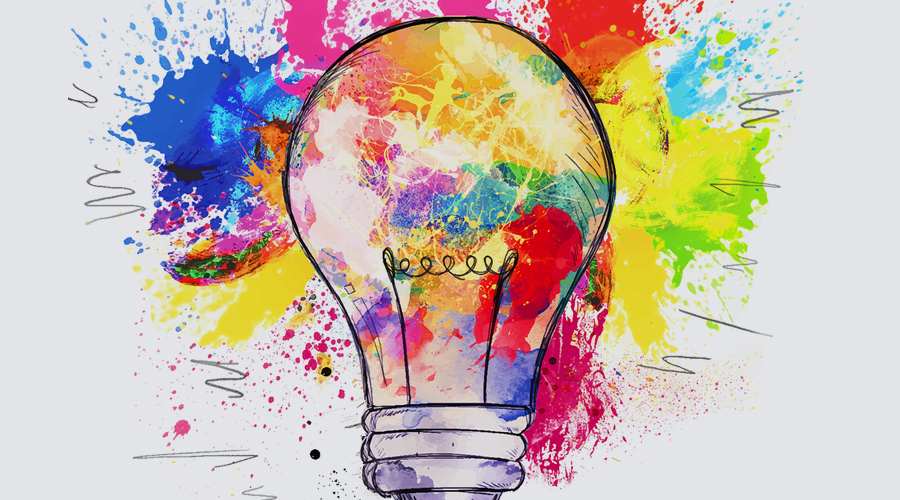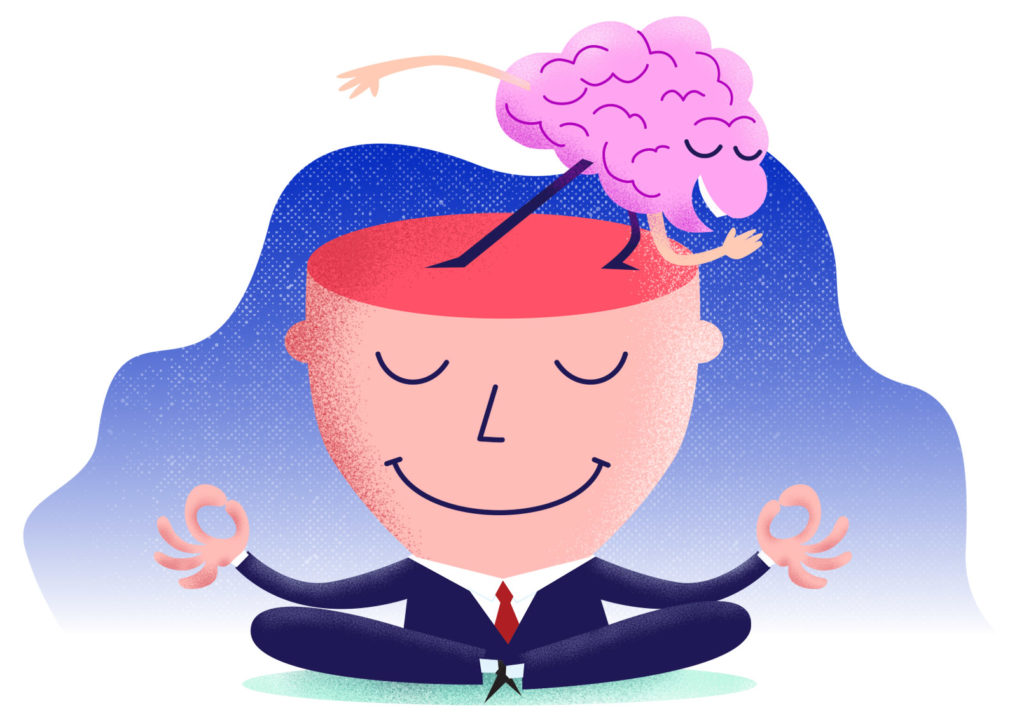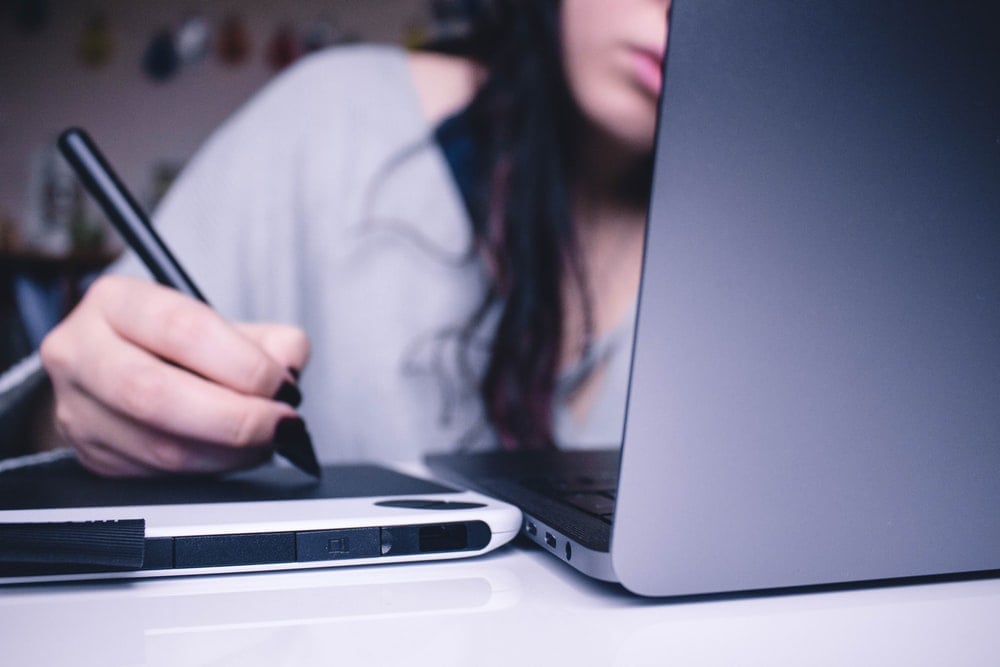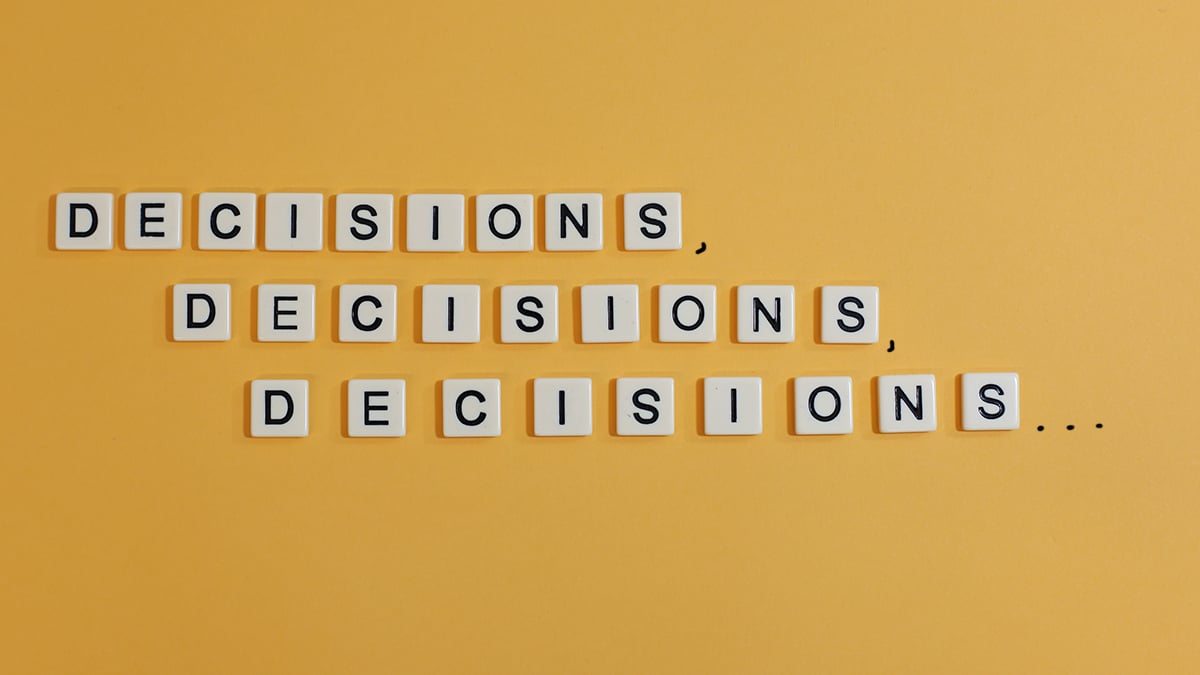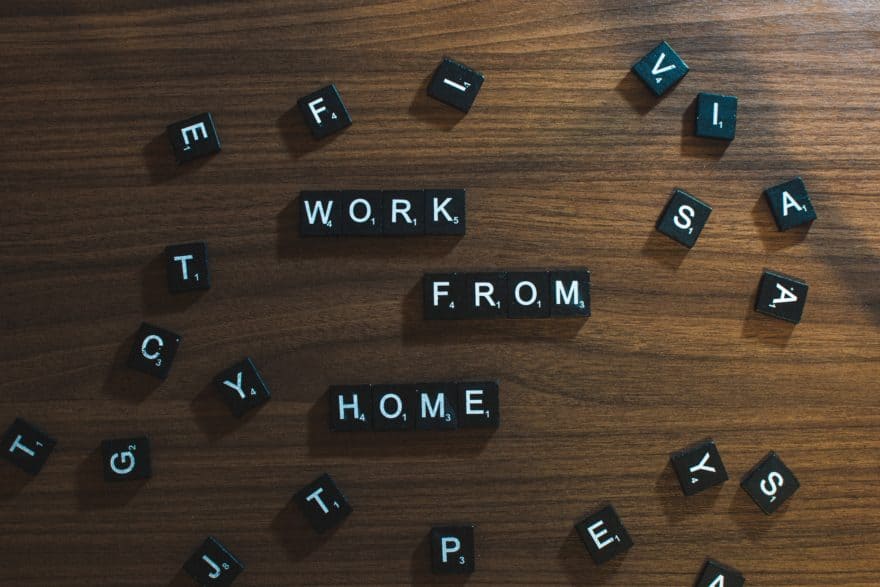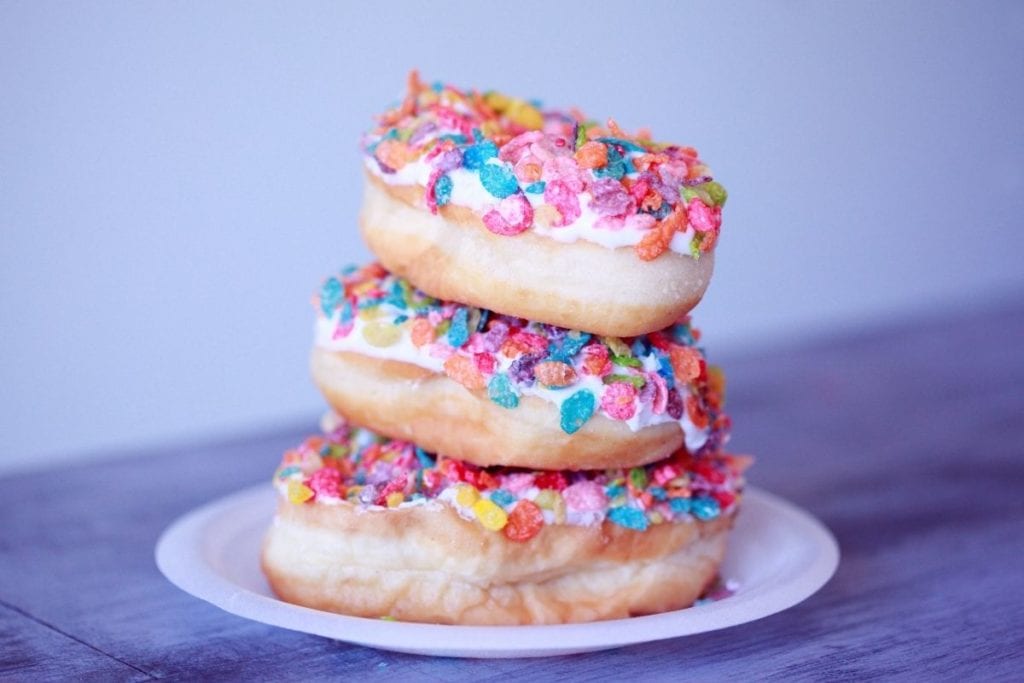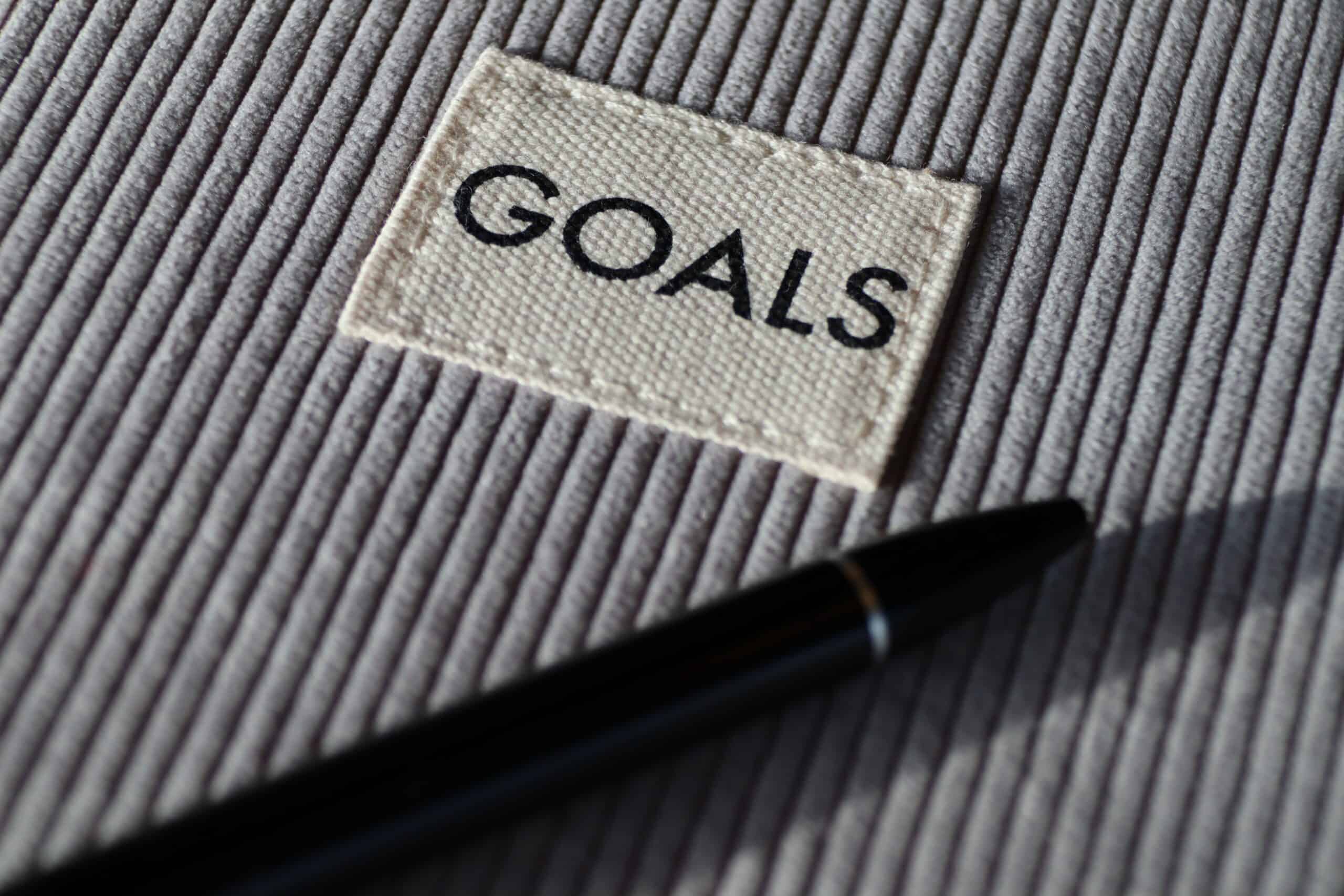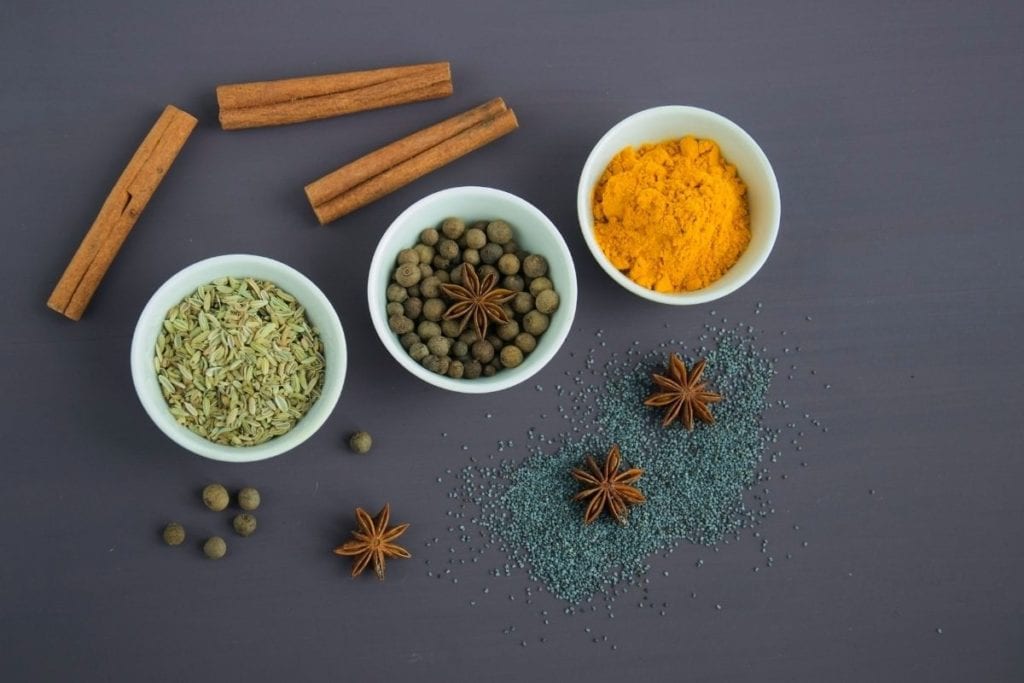Contrary to popular belief, effective stress control isn’t about eliminating adversity altogether. You and I both know that’s impossible.
So what can we do?
Society’s Acceptable Stress “Fixes” – A Tarnished Gold Standard
Reclaiming our power over our stressful lives requires emotional energy management for intentional stress relief. We must release the standard go-tos which, surprisingly, do more damage than good. This includes anything that stifles our emotions or keeps us distracted, preventing us from dealing with feelings of stress.
It can be a challenge to switch gears from avoidance tactics to proactive measures. Society enables—and even encourages—methods for stress relief that actually sabotage both our mood and energy.
Alcohol is one of the most common vices utilized to numb the unpleasant emotions arising from stress.
Over the past year, alcohol use has skyrocketed due to elevated fear, anger, anxiety, and sadness associated with global events. According to a RAND Corporation study, women increased their heavy drinking days by 41% during the pandemic compared to before it.[1]
This isn’t an isolated incident, however. A notable escalation in women’s use of alcohol was documented prior to the pandemic, showing an 85 percent rise in alcohol-related deaths among women during the years 1999-2017.[2]
“Ugh, I need a drink!”
Have these words ever escaped your lips in a moment of exasperation? Before ditching alcohol two years ago, I often uttered them during high stress moments, too. Sometimes we want to tune out and forget our troubles for a little while. Relaxing with cocktails felt like a mini vacation for my busy brain.
Unfortunately, this stress relief tactic comes with a price. Afterward, I often felt bogged down, foggy, grumpy… and guess what else? The issue I’d successfully evaded the night before still required resolution. Only now I was even less equipped to deal with it, because the effects of drinking had further diminished my mental and physical energy.
Drinking as a means of stress control is a Catch-22. On one hand, it reduces the magnitude of our initial stress response. There’s even a scientific term for this: “stress-response dampening.”[3]
On the other hand, the pleasurable sensations elicited by drinking alcohol are relatively short lived. This temporary relief is accompanied by numerous unwelcome aftereffects, even when indulging in low-to-moderate amounts.
Effective Stress Control to Boost Your Energy
In the long run alcohol – in any amount – not only fails to improve stress relief and energy, it actually depletes them.
Here are five ways that alcohol negatively impacts your stress and energy levels, and what to try instead.
1. Downward Sleep Spiral
One reason alcohol is so popular for stress control is its sedative effects. At first, we may feel relaxed, even sleepy. After falling asleep, this wears off, and a phenomenon called the Metabolic Rebound Effect (MRE) occurs wherein our bodies’ metabolism of alcohol interrupts restorative sleep cycles.
MRE amplifies our stress responsivity. We may feel anxious due to the inability to return to sleep. We also tend to experience heightened stress reactions in everyday life.
Action tip: Booze-free tonics can better aid in relaxation and sound sleep. A soothing cup of lemon balm tea or a few drops of valerian root tincture calms you without pesky side effects.
2. Your Brilliant Brain’s Muddled Mood
Funky moods mess up our energy. There’s a billion dollar “growth mindset” industry precisely because emotional energy directly affects our happiness, productivity, and success. But taking charge of our mindset isn’t just about rewiring our belief systems—it also requires emotional management. Dopamine and serotonin are two natural brain chemicals at the root of this.
Alcohol use for stress relief is tricky. It does initially cause a surge of these feel-good chemicals to flood the brain. This temporary sensation makes us feel like the alcohol has boosted our mood. But the brain quickly gets to work to rebalance these neurotransmitter levels, using a counterbalancing approach to return them to baseline. As a result, these chemical levels actually drop lower than they’d been before we had a drink. This process is not limited to heavy or problem drinkers; it occurs even with a single exposure to alcohol.[4]
Action tip: Use sustainable feel-good brain chemical boosters. Exercise, nature immersion, meditation, laughter, time with loved ones, and aromatherapy massage are just a few self-loving actions to support effective stress control and boost your energy.
3. Naturally Energizing Nutrients Are Depleted
One of the most essential nutrient groups our bodies need for energy and nervous system support is that of the B vitamins. Interestingly, they promote healthy levels of those feel-good brain chemicals, serotonin and dopamine.
The B vitamins also directly help convert food into energy for the body and brain. These water-soluble nutrients are not stored in the body. Therefore we need consistent consumption of them to maintain their benefits.
Alcohol, however, impedes absorption and utilization of many nutrients (including B vitamins).
Action tip: Regularly restore B vitamin levels. Salmon, brown rice, spinach, eggs, lean beef, oysters, clams, beans (black, kidney, chickpeas), lentils, chicken, turkey, yogurt, and sunflower seeds are rich sources of these nutrients for natural energy boosting and stress control.
4. Compounding Problems Exacerbate Stress
Have you ever been late paying a bill? For whatever reason—unavailable funds, lost in the mail, etc. —your payment wasn’t delivered on time. Upon discovering this, did you try to save yourself from worry by throwing the notice in the trash? Or did you address it immediately in order to prevent potential fees, dings to your credit, and loss of service?
If you’re a fiscally responsible person, you likely took action right away no matter how frustrating it felt in the moment. The same applies to dealing with stress. It might feel like we’re conserving energy and boosting our mood by turning our thoughts away from stressful situations, but the fact is that ignoring our problems will not resolve them, and often makes them worse.
The only way out is through. This means we must face our obstacles head-on, from a place of emotional intelligence and maturity.
Action tip: Instead of heading for the wet bar, ask yourself, “What is one small action I can take right now to remediate this source of stress?”
In the bill example, even if you don’t have the money to pay it right away, other steps can be taken toward resolution. You might call the biller and request an extension or establish an installment plan to pay in bite-size segments.
No matter the issue, breaking it down into smaller pieces and taking action on them individually can provide massive relief and help in navigating the next steps to reconcile the stressor for good.
5. Heightened Stress Response
We already discussed the “stress response dampening” effect caused by alcohol. Doesn’t that mean alcohol alleviates stress?
Remember, this calming effect is only temporary. In fact, alcohol literally rewires our brains, making them incapable of dealing with stress.[5]
Over time, the artificial “feel good” stimulation our brains receive from drinking makes us neurologically unable to experience pleasure from everyday activities we once enjoyed, like seeing a friend, reading a book, or even having sex. All of these, by the way, are effective stress control activities in themselves.[6] These effects are not limited to the time while we are drinking.
Just like with any drug, our brains build tolerance with repeated alcohol use. This is why you’ll notice that the 1-2 drinks which used to take the edge off eventually stop working. Over time, it’s common to gradually require 3, 4, or more cocktails in order to experience the same relaxing effect. Becoming aware of this escalation in ourselves can cause even more anxiety as we wonder, “Do I have a drinking problem?” Then comes the fear of shame and stigma. This is yet another way in which using alcohol backfires, causing more anxiety and draining our energy.
Action tip: Assess your habits and be honest with yourself. If you feel worried or anxious about your alcohol use, or the effects don’t feel as good as they once did, it may be time to make a change. Avoid “labeling” yourself — this perpetuates negativity and often prevents people from seeking answers and support. You don’t have to be an alcoholic to decide to change your relationship with alcohol.
Self Leadership Is the Solution
Avoiding our feelings is culturally popular and acceptable, but ineffective at relieving stress and usually involves practices that further deplete our mood and energy. Facing our emotions directly and deliberately allows us to achieve unfeigned stress relief. We’ll never eliminate stress completely—life inherently ebbs and flows—but armed with the knowledge and tools shared above, we can reclaim control of our energy and emotions to regain a happy, healthy life.
It only takes a few simple shifts to show up for ourselves with habits that support us.
Featured photo credit: engin akyurt via unsplash.com
Reference
| [1] | ^ | RAND Corporation: Changes in Adult Alcohol Use and Consequences During the COVID-19 Pandemic in the US |
| [2] | ^ | Wiley Online Library: Using Death Certificates to Explore Changes in Alcohol-Related Mortality in the United States, 1999 to 2017 |
| [3] | ^ | National Library of Medicine: Does Drinking Reduce Stress? |
| [4] | ^ | National Library of Medicine: Serotonin’s Role in Alcohol’s Effects on the Brain |
| [5] | ^ | PNAS: Brain-wide functional architecture remodeling by alcohol dependence and abstinence |
| [6] | ^ | National Library of Medicine: The Neurobiology of Substance Use, Misuse, and Addiction |
The post How Effective Stress Control Can Boost Your Energy appeared first on Lifehack.
// Restore Energy //
